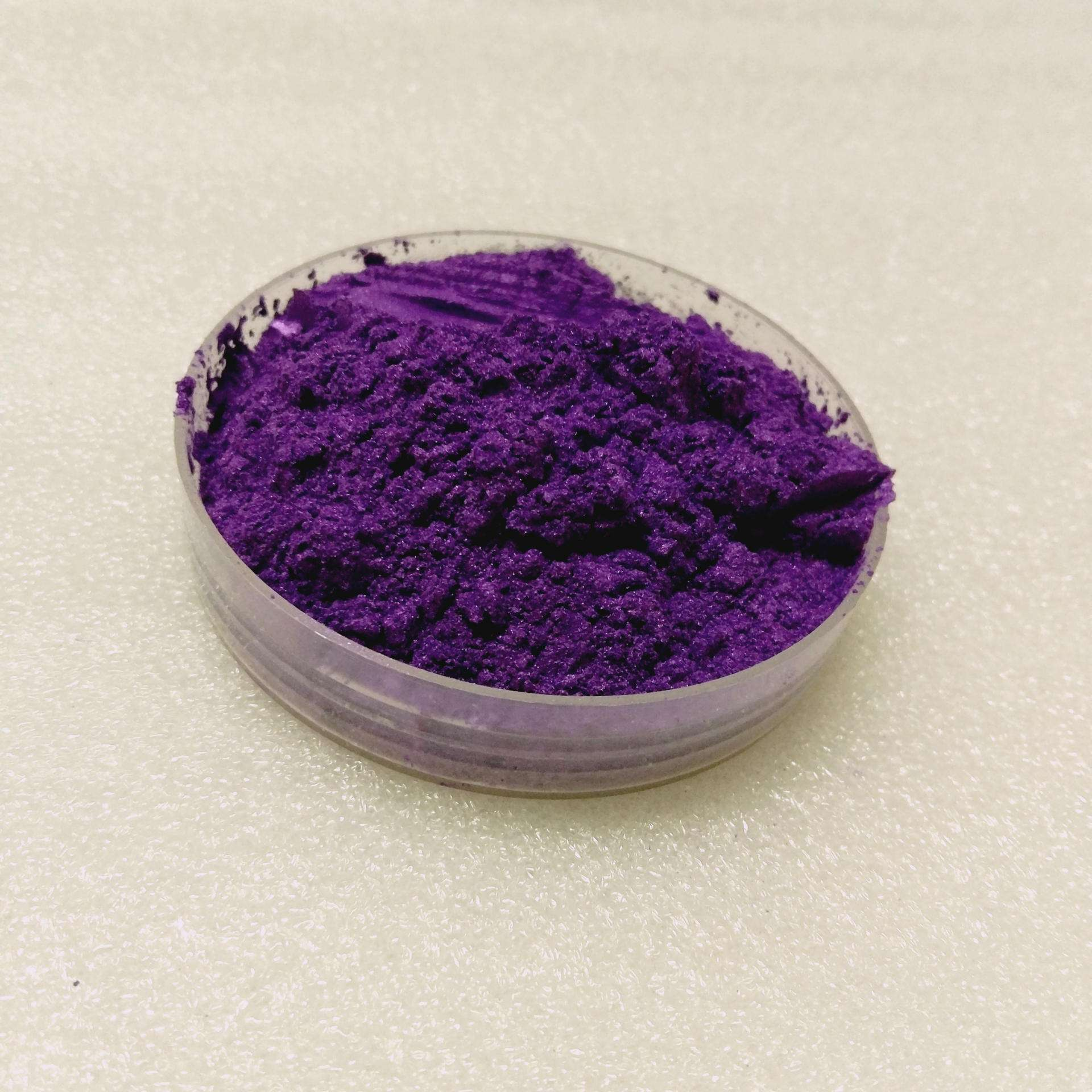The US ASEAN summit was held, and Biden's foreign policy once again focused on China
May 29, 2024, 11:58 AM
TDD-global
6454
The US ASEAN summit was held, and Biden's foreign policy once again focused on China
WASHINGTON — President Biden began hosting Southeast Asian leaders at the White House on Thursday with a message of solidarity. The move is aimed at staunchly opposing Chinese influence in the region, although much of the Biden administration remains focused on Russia's invasion of Ukraine.
The summit, which ends on Friday, will cover a range of topics, including trade, human rights and climate change, and is part of an effort by Biden's foreign policy team to highlight one of the president's main goals, which is to form a united front in response to China, the country is increasingly flexing its economic and military might around the world.
Biden had pledged during his presidential campaign to make China a central focus of his foreign policy. But a senior administration official acknowledged to reporters on Wednesday that the war in Europe had taken over the daily time and energy of the president and his team.
Discussing preparations for the upcoming summit, the official, who asked not to be named, said the need to prevent China from dominating the Indo-Pacific remained a concern and priority for Biden. The leaders of 10 countries spent two days gathering in Washington as an opportunity to demonstrate Biden's promise, the official said.
Newsletters: Welcome to subscribe to the newsletters, including the "Notes of Overseas Chinese" column written by Chinese journalist Rong Xiaoqing every Thursday, to obtain major global information and learn about hot topics in the Chinese community in the United States.
Late Thursday, the White House announced about $150 million in new investments in the Indo-Pacific region as part of a series of agreements between the United States and the Association of Southeast Asian Nations (ASEAN).
The U.S. investment includes $40 million for clean energy projects in Southeast Asia. The administration estimates the money will be used to help raise or finance as much as $2 billion in construction, a senior White House official said.
The U.S. has also pledged to invest $60 million to deploy more Coast Guard-led maritime assets in the region and coordinate with other countries training and other activities aimed at enforcing the law of the sea.
The U.S. government also said it would spend $15 million to expand a health surveillance program in Southeast Asia to better detect Covid-19 and other airborne diseases in the region.
The president will also visit Japan and South Korea from May 20 to May 24, and the main focus of the trip will also be China. While White House officials did not provide details of the trip, President Biden is expected to meet with the leaders of several other countries of the Quadrilateral Security Dialogue — Australia, India and Japan.
On Thursday, leaders from the Association of Southeast Asian Nations met with U.S. House Speaker Nancy Pelosi and other lawmakers before discussing with U.S. Commerce Secretary Gina Raimondo and executives from various U.S. industries at a Washington hotel. Business opportunity.
Biden welcomed the leaders Thursday night in a brief ceremony on the South Lawn of the White House. After their group photo, they walked into the White House for a dinner.
On Friday, the Asian leaders will meet with U.S. Vice President Kamala Harris and Secretary of State Anthony Blinken in the morning and meet with Biden at the White House later in the day. According to the administration official, leaders will discuss trade opportunities, navigation rights in disputed waters, including the South China Sea.
The summit, which ends on Friday, will cover a range of topics, including trade, human rights and climate change, and is part of an effort by Biden's foreign policy team to highlight one of the president's main goals, which is to form a united front in response to China, the country is increasingly flexing its economic and military might around the world.
Biden had pledged during his presidential campaign to make China a central focus of his foreign policy. But a senior administration official acknowledged to reporters on Wednesday that the war in Europe had taken over the daily time and energy of the president and his team.
Discussing preparations for the upcoming summit, the official, who asked not to be named, said the need to prevent China from dominating the Indo-Pacific remained a concern and priority for Biden. The leaders of 10 countries spent two days gathering in Washington as an opportunity to demonstrate Biden's promise, the official said.
Newsletters: Welcome to subscribe to the newsletters, including the "Notes of Overseas Chinese" column written by Chinese journalist Rong Xiaoqing every Thursday, to obtain major global information and learn about hot topics in the Chinese community in the United States.
Late Thursday, the White House announced about $150 million in new investments in the Indo-Pacific region as part of a series of agreements between the United States and the Association of Southeast Asian Nations (ASEAN).
The U.S. investment includes $40 million for clean energy projects in Southeast Asia. The administration estimates the money will be used to help raise or finance as much as $2 billion in construction, a senior White House official said.
The U.S. has also pledged to invest $60 million to deploy more Coast Guard-led maritime assets in the region and coordinate with other countries training and other activities aimed at enforcing the law of the sea.
The U.S. government also said it would spend $15 million to expand a health surveillance program in Southeast Asia to better detect Covid-19 and other airborne diseases in the region.
The president will also visit Japan and South Korea from May 20 to May 24, and the main focus of the trip will also be China. While White House officials did not provide details of the trip, President Biden is expected to meet with the leaders of several other countries of the Quadrilateral Security Dialogue — Australia, India and Japan.
On Thursday, leaders from the Association of Southeast Asian Nations met with U.S. House Speaker Nancy Pelosi and other lawmakers before discussing with U.S. Commerce Secretary Gina Raimondo and executives from various U.S. industries at a Washington hotel. Business opportunity.
Biden welcomed the leaders Thursday night in a brief ceremony on the South Lawn of the White House. After their group photo, they walked into the White House for a dinner.
On Friday, the Asian leaders will meet with U.S. Vice President Kamala Harris and Secretary of State Anthony Blinken in the morning and meet with Biden at the White House later in the day. According to the administration official, leaders will discuss trade opportunities, navigation rights in disputed waters, including the South China Sea.
August 21, 2024, 2:42 PM
August 21, 2024, 2:28 PM
August 21, 2024, 2:20 PM
August 21, 2024, 3:01 PM













